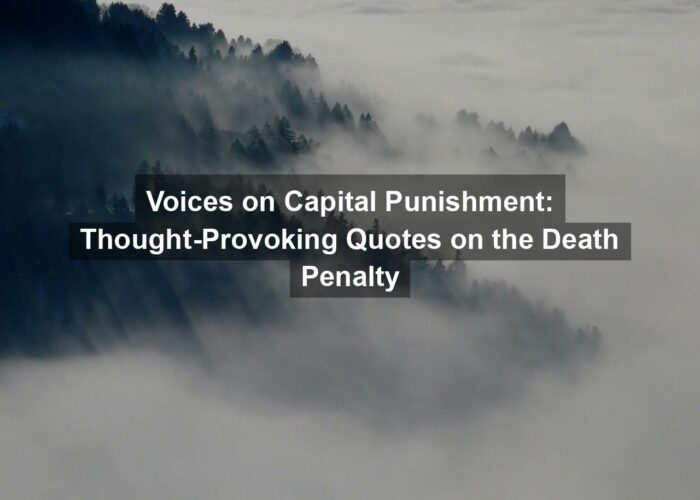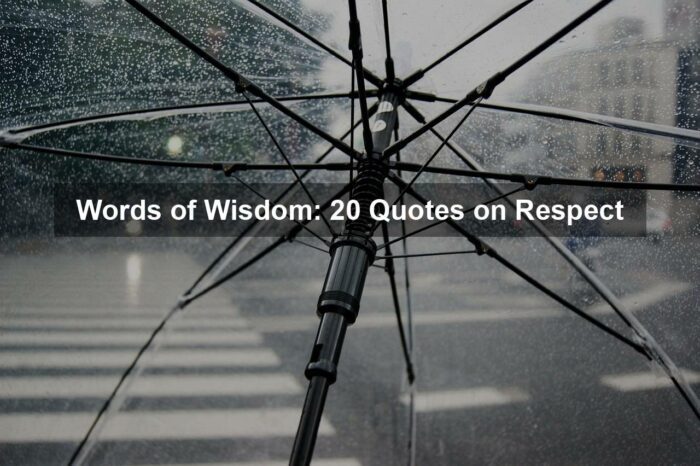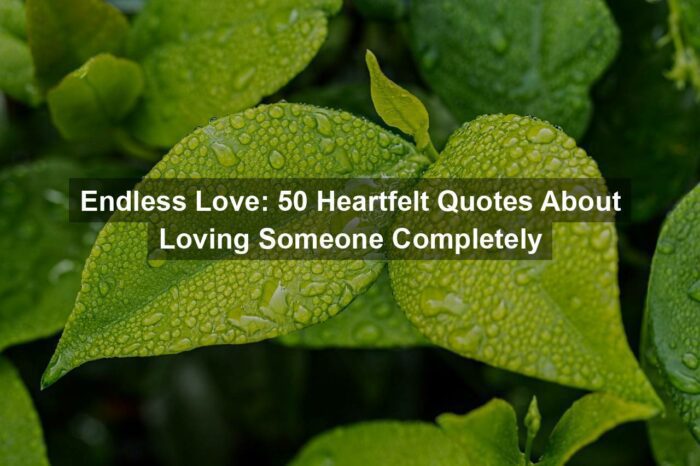Capital punishment, also known as the death penalty, has been a highly debated topic for centuries. Supporters argue that it serves as a deterrent and a just punishment for heinous crimes, while opponents believe it is inhumane and ineffective. The voices on capital punishment are diverse and thought-provoking, shedding light on the complexities of this controversial issue. Here are some quotes that offer unique perspectives on the death penalty:
“An eye for an eye will only make the whole world blind.”
Mahatma Gandhi
This famous quote by Mahatma Gandhi emphasizes the cycle of violence that capital punishment perpetuates. It suggests that seeking revenge will only lead to a world filled with darkness and suffering, rather than promoting justice and healing.
“The death penalty is not about whether people deserve to die for the crimes they commit. The real question of capital punishment in this country is, ‘Do we deserve to kill?'”
Bryan Stevenson
Bryan Stevenson, a prominent civil rights attorney, challenges us to reflect on the moral implications of capital punishment. He argues that the question we should be asking is not whether individuals deserve to die, but rather whether we, as a society, deserve to take another person’s life.
“It’s not about whether they deserve to die for the crimes they commit. It’s about whether we deserve to kill.”
John Green
Similar to Bryan Stevenson’s perspective, author John Green highlights the ethical dilemma of capital punishment. He emphasizes that the focus should not solely be on the guilt or innocence of the accused, but rather on our own moral standing as a society.
“The death penalty is a warning, just like a lighthouse throwing beams out to sea. We hear about shipwrecks, but we do not hear about the ships the lighthouse guides safely on their way. We do not have proof of the number of ships it saves, but we do not tear the lighthouse down.”
Justice Antonin Scalia
In this metaphorical quote, Justice Antonin Scalia argues that the death penalty serves as a deterrent, preventing potential crimes from occurring. Just like a lighthouse, it warns individuals of the consequences of their actions, potentially saving lives in the process.
“The dangers that exposure to executions poses to those who must carry them out and witness them are not diminished by the fact that such exposure is a part of their jobs. If anything, the repeated exposure to executions only increases the risk of desensitization, emotional trauma, and psychological harm.”
Dr. Angela Davis
Dr. Angela Davis, a renowned activist and scholar, highlights the long-term psychological impact that participating in executions can have on individuals involved in the process. She argues that the toll it takes on their mental well-being cannot be underestimated, calling into question the morality of capital punishment.
“The death penalty gives society the unmistakable message that killing is a morally acceptable response to problems we cannot resolve.”
Marian Wright Edelman
Marian Wright Edelman, an advocate for children’s rights, argues that capital punishment sends a dangerous message to society. By resorting to killing as a solution, it normalizes violence and undermines efforts to find non-violent resolutions to complex problems.
“The death penalty is a harsh punishment, but it is not a deterrent.”
Jimmy Carter
Former President Jimmy Carter challenges the belief that the death penalty acts as a deterrent to crime. He suggests that harsh punishments alone are ineffective in preventing criminal behavior and that addressing the root causes of crime is crucial.




